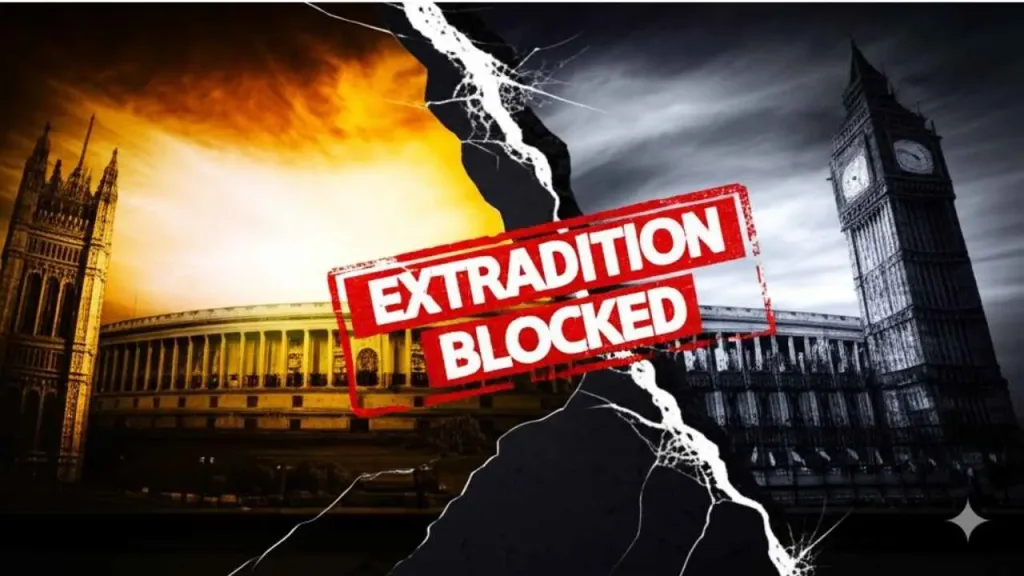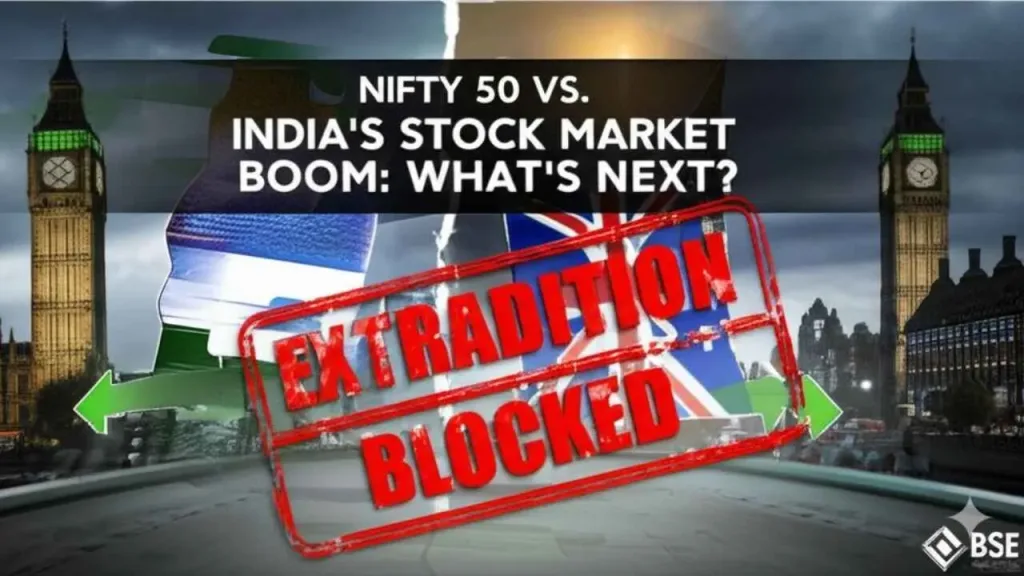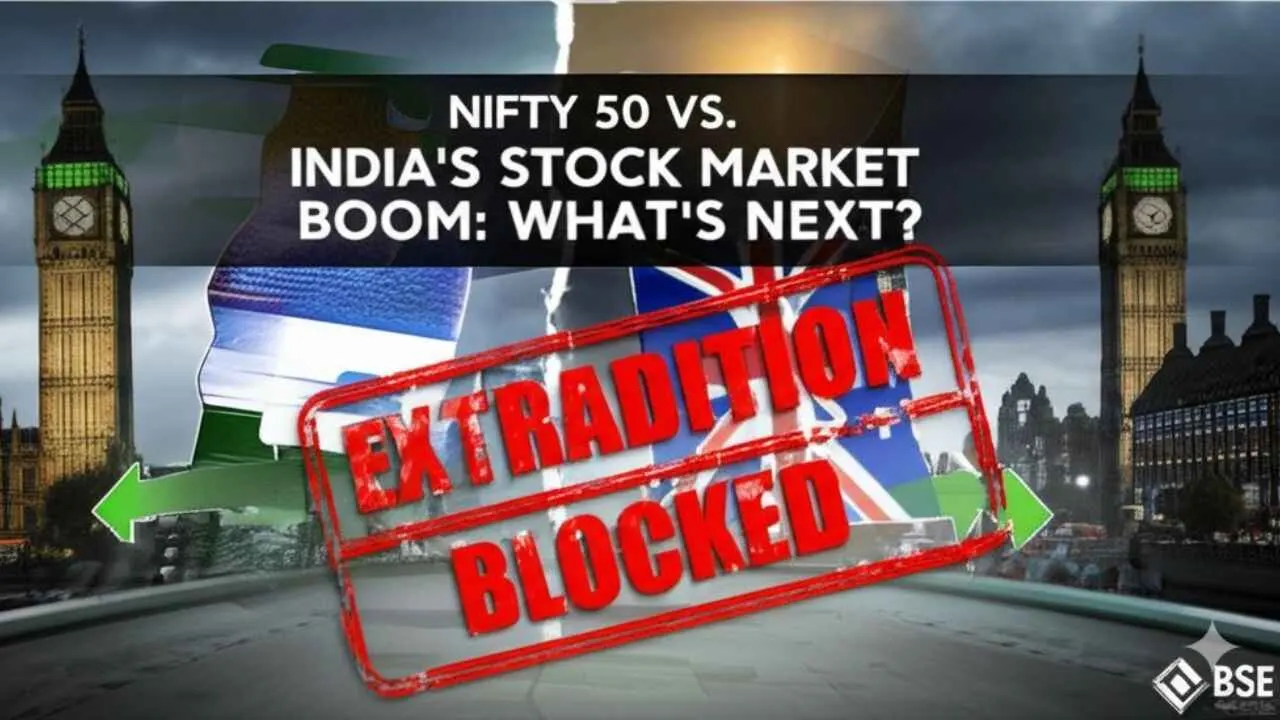🇮🇳 India to Britain: No More Lectures
Why New Delhi Is Refusing to Play by Colonial-Era Rules on Extradition
📰 Introduction: The Shift in Global Power
India, now the world’s fifth-largest economy and a leading voice in global diplomacy, is no longer willing to accept outdated narratives from its former colonizer. Despite surpassing the UK in GDP and technological advancement, New Delhi continues to encounter diplomatic friction—especially around a sensitive flashpoint: Britain’s refusal to extradite Indian fugitives facing serious charges of financial fraud.
This issue has rekindled deep frustration in India, where many believe the UK still clings to a patronizing worldview that ignores modern geopolitical realities.

🔍 The Heart of the Dispute: Financial Fugitives Living Freely in the UK
At the core of this dispute are high-profile economic offenders such as Vijay Mallya, Nirav Modi, and Sanjay Bhandari—individuals wanted in India for crimes involving billions of rupees. While Indian courts have passed judgments and issued warrants, these fugitives continue to reside in Britain, often enjoying lavish lifestyles with few consequences.
Despite signed treaties and extensive documentation submitted by Indian authorities, British courts have either refused or endlessly delayed extraditions, citing concerns over human rights and prison conditions in India.
⚖️ A Treaty Undermined: One-Way Justice?
India and the UK entered into a bilateral extradition treaty in 1992. Yet three decades later, it functions with a notable imbalance. While Indian authorities act swiftly on British requests, their own pleas are met with skepticism, legal wrangling, and political hedging.
Take Mallya: Even after the UK High Court ordered his extradition in 2018, procedural delays have kept him comfortably situated in London—six years later.
In Bhandari’s case, the UK blocked extradition on the grounds of possible “torture” or “inhuman treatment”, despite India offering assurances from Tihar Jail authorities and even health safeguards. Such rulings, critics say, reflect a selective application of moral standards that defies logic.
🧭 A Double Standard? India Pushes Back on British Conditions
British prosecutors have reportedly demanded India guarantee several conditions before any extradition proceeds—including:
- No confinement in Delhi’s Tihar Jail
- Comprehensive physical and mental health care
- No custodial mistreatment or coercive interrogations
To some, these stipulations suggest an implicit mistrust of Indian judicial institutions, casting doubt on a sovereign nation’s ability to uphold international norms. Indian officials see this as unwarranted condescension, pointing out the hypocrisy of such concerns when the UK itself grapples with prison overcrowding and systemic discrimination.
Rather than capitulate, the Modi government has taken a firm stand—refusing to sign conditional assurances that could undermine the country’s global credibility.
🌍 A New Era of Diplomacy: No Longer the Junior Partner
India’s evolving foreign policy signals a broader transformation. No longer content with symbolic gestures, it is asserting itself as a global peer—one that expects mutual respect and reciprocity, not lectures or leniency for fraudsters.
This growing self-confidence mirrors its rise on multiple fronts:
- Leadership in digital infrastructure and fintech
- Ambitious goals in space exploration (e.g., Chandrayaan, Gaganyaan)
- Increasing influence in global climate negotiations and defense deals
In this context, the UK’s reluctance to honor extradition requests feels not just outdated, but strategically shortsighted.

📌 Conclusion: India Redefines the Rules of Engagement
India’s refusal to play by Britain’s outdated rulebook is not about hostility—it’s about dignity. By standing firm, the government is sending a message that resonates far beyond the courtroom: India demands parity, not paternalism.
Until countries like the UK stop using human rights arguments as shields for fugitives and start respecting bilateral treaties in good faith, these diplomatic tensions will continue to simmer.
But one thing is clear: The days of Britain setting the terms for India are over.
